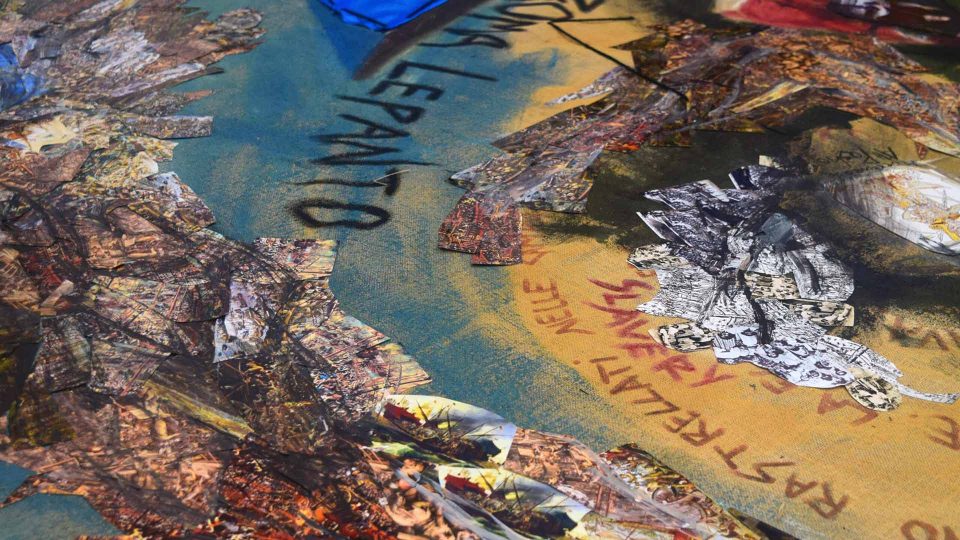
81. Venice Film Festival

80. Venice Film Festival

79. Venice Film Festival

The Biennale Arte Guide
Foreigners Everywhere

The Biennale Architecture Guide
The Laboratory of the Future

The Biennale Arte Guide
Il latte dei sogni

Nationalism and racism are on the rise again in Europe. In many countries, this is accompanied by a re-nationalisation of cultural policy and the increasing exclusion of minorities. The European freedom project, which should be based on freedom of movement and ‘unity in diversity’ (Jacques Delors), is being sharply questioned not only by today’s right-wing populists but by many different sectors of European societies. Europe’s oldest and largest transnational minority is particularly affected by this: the Sinti and Roma.
The number of Sinti and Roma living in the EU is larger than the population of Greece, Portugal or Sweden. Despite this, their members continue to be disadvantaged, discriminated against and even persecuted in many parts of Eastern and Western Europe. Europe’s disagreement on key immigration issues and the increase in social injustice caused by unbridled neoliberalism are leading to an acute division and polarisation of our societies. Their minorities are often their direct victims and scapegoats.
Many people today are calling for a new narrative for a common Europe, whose nations themselves once emerged after centuries of migration. In order to convince its populations and future generations of such a European project, such a grand narrative must also include the experiences of flight and expulsion, departure from one’s homeland and arrival in a foreign land. The stories of the Sinti and Roma are exemplary for coming to terms with the past and searching for the future, which their artists, writers and cultural workers want to bring up and illustrate in this symposium.
Participants will include the exhibiting artists of the RʳOMA LEPANTO exhibition, who are themselves artists and Roma of very different generations and origins, as well as representatives of the minority, such as the ERIAC European Roma Institute for Art and Culture, the Documentation Centre of German Sinti and Roma, Italian self-organisations of the minority, and BAK Basis for aktuellen Kunst Utrecht and the Council of Europe.